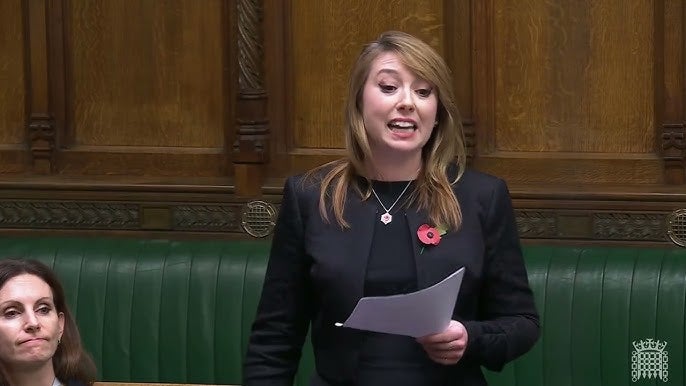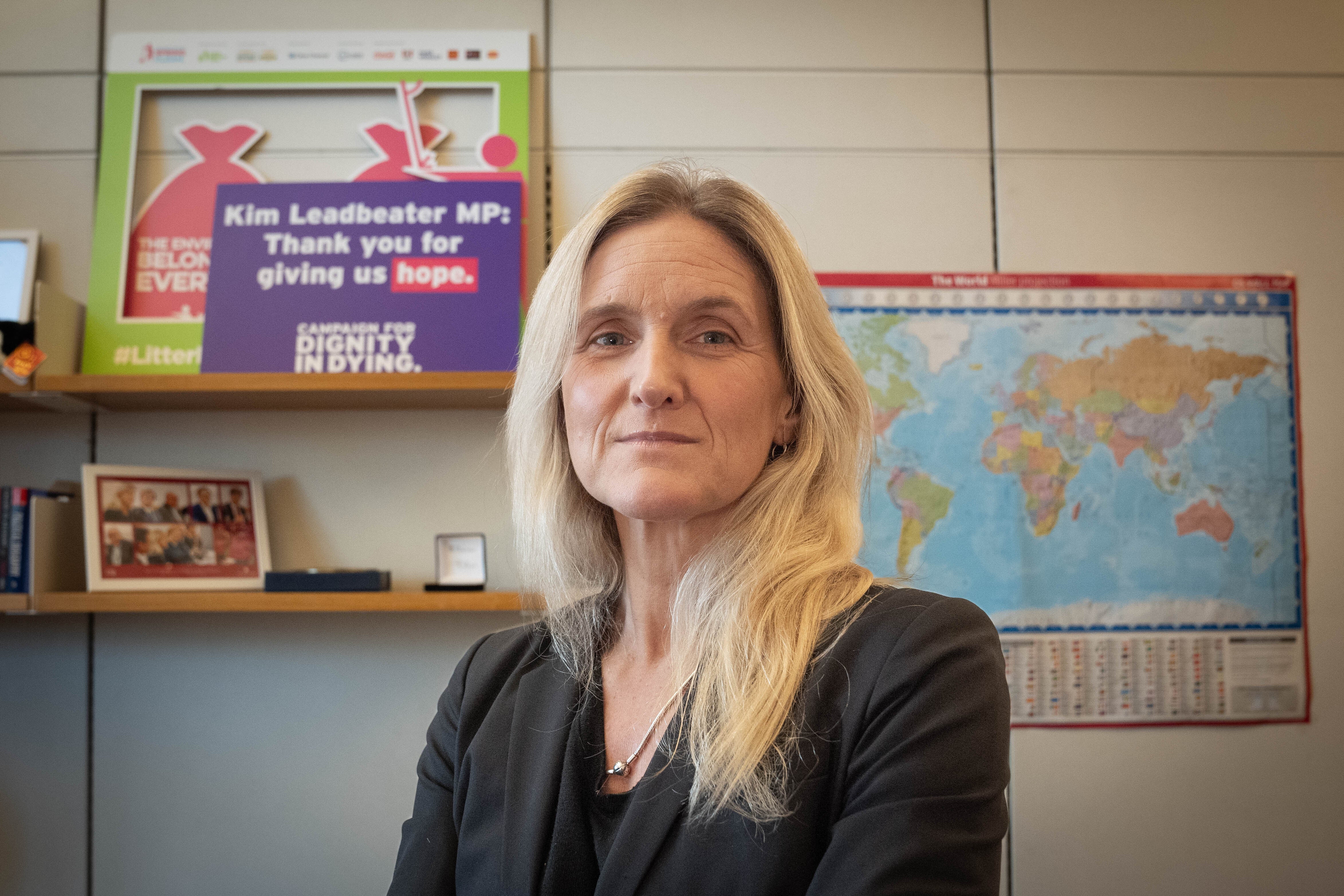An MP who developed type 1 diabetes has spoken of her fears that the proposed assisted dying legislation is so vague her condition could be included as a valid reason to end someone’s life.
Sarah Bool, the new Tory MP for South Northamptonshire, laid an amendment to Kim Leadbeater’s controversial bill last week to highlight the issue, and is calling for a list of conditions that should or should not included.
Currently, there are no specific illnesses which are listed in the Terminally Ill Adults (End of Life) Bill. However, the draft legislation only specifies that someone should be diagnosed as having six months or less to live. The bill committee is due to debate the amendments on 4 February.

Ms Bool told The Independent: “I had a type 1 diabetes diagnosis three years ago, but the way the bill is drafted as it stands, I am caught potentially, because type 1 diabetes is a progressive illness that is not reversible by treatment. It’s something that I can only manage.
“If I stop taking treatment, and there’s no obligation for me to take it under this bill either, then I could reasonably die within six months, and actually die much quicker.
“I think one of the amendments that we’ve tried to put forward as well is potentially having the idea that actually there should be a list of conditions that that should or shouldn’t be included, but this is one of my concerns.”
The Tory MP first got the symptoms of diabetes in May 2021 and noticed she was eating a lot but losing weight. Type 1 diabetes is the most serious form and is incurable requiring daily medication. It was a condition former prime minister Theresa May also lives with.
Ms Bool said: “I’ve had a lot to come to terms with and I think that’s possibly why I feel even stronger now about some of these issues because I looked and I was like, ‘well, hold on a minute. I should never come within the remit of this bill’.
“I just know how vulnerable other people who have disabilities are, that there is that sort of expectation and that sort of pressure.”

Critics of the bill, which passed its second reading in the Commons before Christmas, have previously raised concerns that the public perception it only applies to serious diseases like cancer rather than just manageable health conditions is wrong.
Former multi gold medal winning paralympic athlete turned disability campaigner Baroness Tanni Grey-Thompson argued that the bill could apply to her if she had a sore that failed to heal properly.
Added to that section 15 of Bill would allow for someone else other than the patient to sign the relevant document as a proxy requesting termination of their life, which critics believe potentially opens it up to abuse from bad families and doctors.
The draft bill does say that mental illness should not be included but even with this clause, Ms Bool, a trained lawyer, has warned that the language does not properly protect people with mental health problems.
Ms Bool pointed out that the mental health caveat used the language “ for the avoidance of doubt, a person is not to be considered if they have one or both of a mental disorder or a disability.”
However, she noted: “That wording ‘for the avoidance of doubt’ is just legalese. It’s not binding. There was no weight behind it.”
Ms Leadbeater, the MP behind the historic bill, has previously said she is “very open” to hearing how safeguards can be strengthened. She said some 40 people have been invited to give evidence to the committee when it meets next month.



